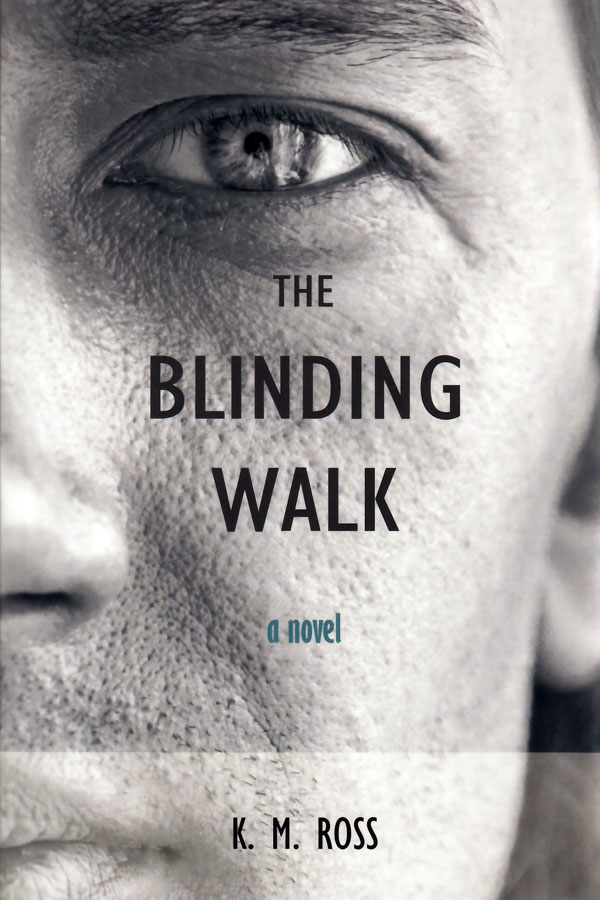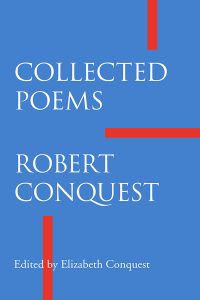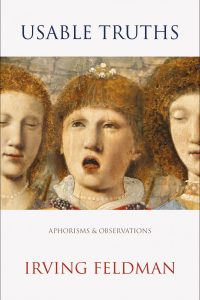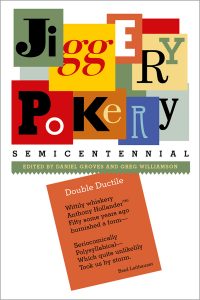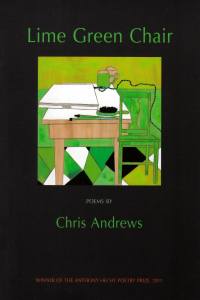The Blinding Walk
£9.99 / £12.99
“Over all the sweep of the beach that vanished on ahead … I could see it, an unhitched blaze of colours. Move, and it moved. Or he moved – there he was – looking airy, colour-rich, as he broke out through the grass and stood for a moment and loped back again on one of the pathways in the tussock.”
In the aftermath of an unforeseen and tragic turn of events, young Mel Seuchar strides along Longniddry Beach outside Edinburgh, trying to make sense of it all. What really happened? How did it come to this? He pictures himself and his friend Yehune; he reflects on their flight from New Zealand, the long and eventful journey which took them across Asia all the way to Europe; and he thinks about Mairi, the young woman they met on their travels and then followed to Edinburgh … Still the story refuses to come into focus. Until in a moment of wild insight, the threads connect, the story builds itself again, and the stage is set for an absorbing, bewildering and deeply touching narrative – the narrative of The Blinding Walk
The Blinding Walk
Reviews of The Blinding Walk
Midwest Book Review, February 2015
"An epic novel of skilfully crafted and memorable characters deftly interwoven into a complex and engaging story that holds the reader’s rapt attention from beginning to end. Exceptionally well-written, The Blinding Walk documents K. M. Ross as an author of considerable and evident talent as a master storyteller. Simply stated, The Blinding Walk is very highly recommended for both personal reading lists and community library General Fiction collections." – Helen Dumont
brief 53, October 2015
"[A] strange and neo-beautiful spider of a novel.”
“[A] dance of structure that indeed pushes writing out to new limits.”
“[M]uch of the text is not only innovative in its overall structure, but is frequently beautifully written.”
“[T]his is, as well as a novel of language and ‘the road’: a search for meaning, for ‘point’; for some way to be more than ordinary on this strange and extraordinary earth.”
“[T]here is an almost relentless intensity of consciousness, and a constant questioning. And Ross attempts to go even further and make a new rich strangeness.”
“Not only is the question of the literary process of narration called into question here, but the very nature of writing and presentation of ‘character’ is made complex and elusive.”
“This ‘doubling’ or ‘multiplexing’, I feel, adds further semantic and even poetic depth to an at times extraordinary book.”
– Richard Taylor
To read an extract from the opening chapter of The Blinding Walk, please click the link: Excerpt from "Sydney Evening"
An Interview with K. M. Ross
conducted by Rebecca Robinson
Rebecca Robinson: What inspired the idea for The Blinding Walk?
K. M. Ross: It was an image that lived with me for many years, gaining power all the time: the picture of a new way of describing how we experience things. The story itself came later, built out of what actually happened in my life – my eventful trip from New Zealand via China and the Trans-Siberian Railway out to Eastern and then Western Europe, and the experience of trying to live on a shoestring in Edinburgh. It was always the focus of all my efforts; the book that I had to write one day – I’m still dazed by the fact that it’s finished or that it even could be finished.
RR: What would you hope people would take away from reading it?
KMR: So many books I’ve read have opened up access to an inner country, a place that can be revisited any time in the stillness of the mind. This is the power of novels: to make worlds. And it’s not only the authors who create them; a lot of the imaginative detailing, the personal meaning, comes from deep within the reader. I’d hope to create such a place for many people, where new aspects of their inner selves can be brought out into their eyes.
RR: How has your move from New Zealand to Edinburgh affected your work?
KMR: It’s had a profound effect on everything in my life, and this book traces the actual cut from one world to the other. While growing up I felt that I absolutely had to leave New Zealand, to get to Europe, which I saw as the roots of our language and culture. Now that I’ve been away from it for so long, New Zealand has acquired a similar mythic status, like an unattainable country of youth. The recipe seems to be to stay away from a place for about 26 years.
RR: Who are your major influences?
KMR: In English language literature, the great Modernists, Joyce, Faulkner, Hemingway and Virginia Woolf; J. R. R. Tolkien and C. S. Lewis; Joseph Conrad and Henry James; extraordinary individual talents such as Laurence Sterne, John Cowper Powys and Patrick White; Post-Modernists such as Kathy Acker and J. G. Ballard; and too many poets to name. In other languages: Old Icelandic Saga literature, Snorri Sturluson; the Russians; Proust and Georges Perec; and the modern South Americans: García Márquez and Vargas Llosa and Jorge Luis Borges and so many others. I also tend to draw ideas from film (Andrei Tarkovsky, Ingmar Bergman), graphic novels, and music of all eras.
RR: How was working with Waywiser Press and how important are independent publishers to a new author?
KMR: Working with Waywiser has been something like a very good dream. Nothing in my previous experience of the publishing world led me to expect that someone like Philip Hoy, so discerning and helpful, could exist.
As for independent publishers – newness is the life’s blood of any art. It’s wonderful to have huge companies that can bring literally millions of books to the reading public. But someone has to test the water and take the risk – have the vision to recognise the value of something that’s not the same as last year’s winner. These are the real contenders, these are the hunters; the ones who give chances to writers and keep reading alive.
RR: You’ve got one sentence to convince someone to read your book; GO:
KMR: Someone who had read the book in typescript sent me a very nice note, which I’d like to quote here: "Alan Bennett says somewhere that ‘The best moments in reading are when you come across something – a thought, a feeling, a way of looking at things – that you’d thought special, particular to you. And here it is, set down by someone else, a person you’ve never met, maybe even someone long dead. And it’s as if a hand has come out, and taken yours.’ I’d expect that readers of The Blinding Walk might well experience moments – perhaps even many moments – like that."

